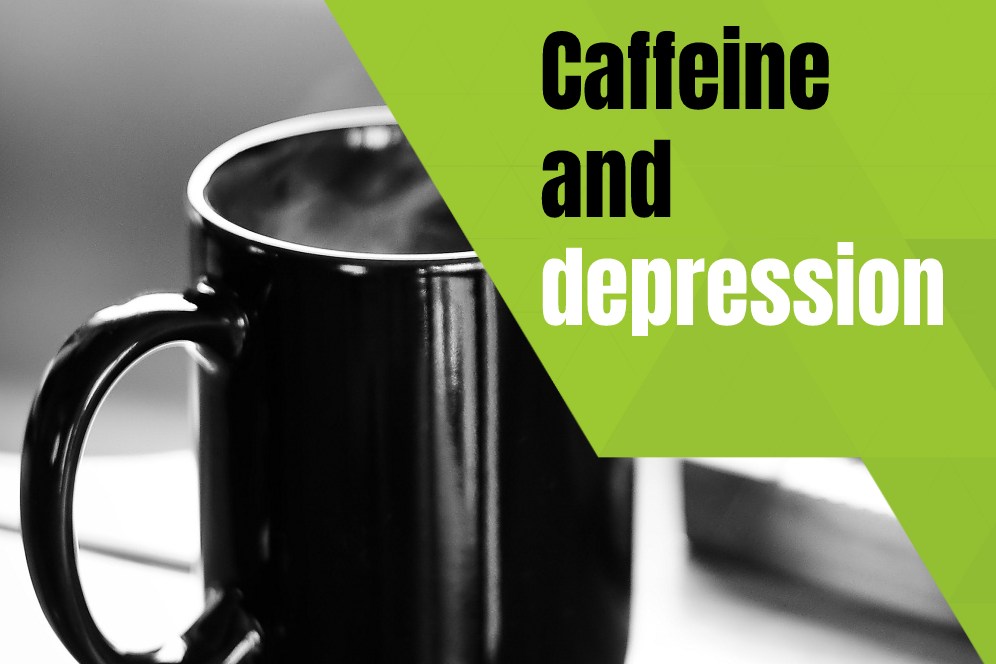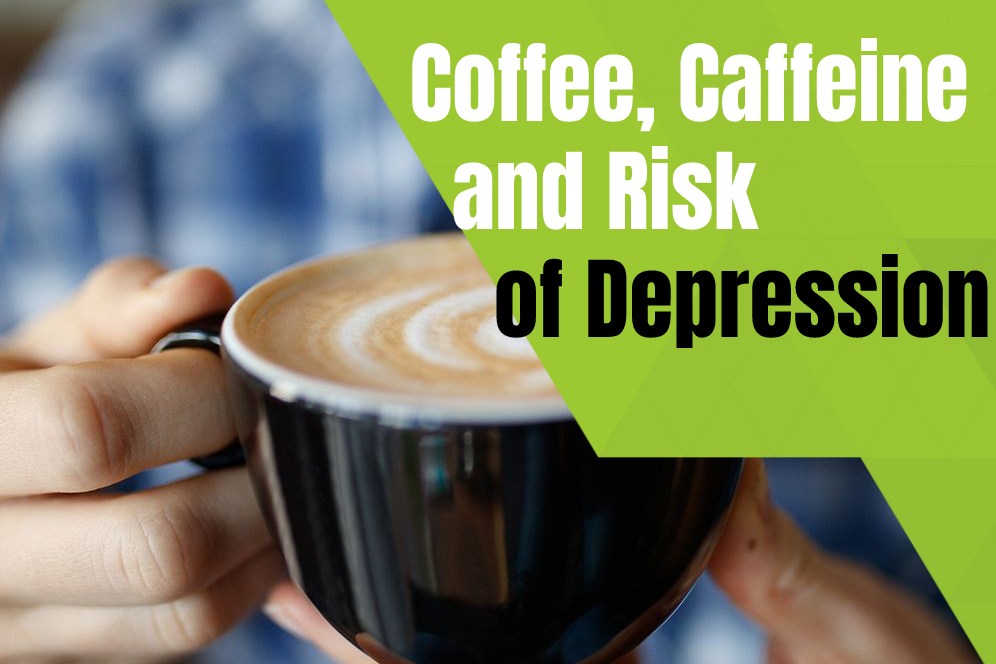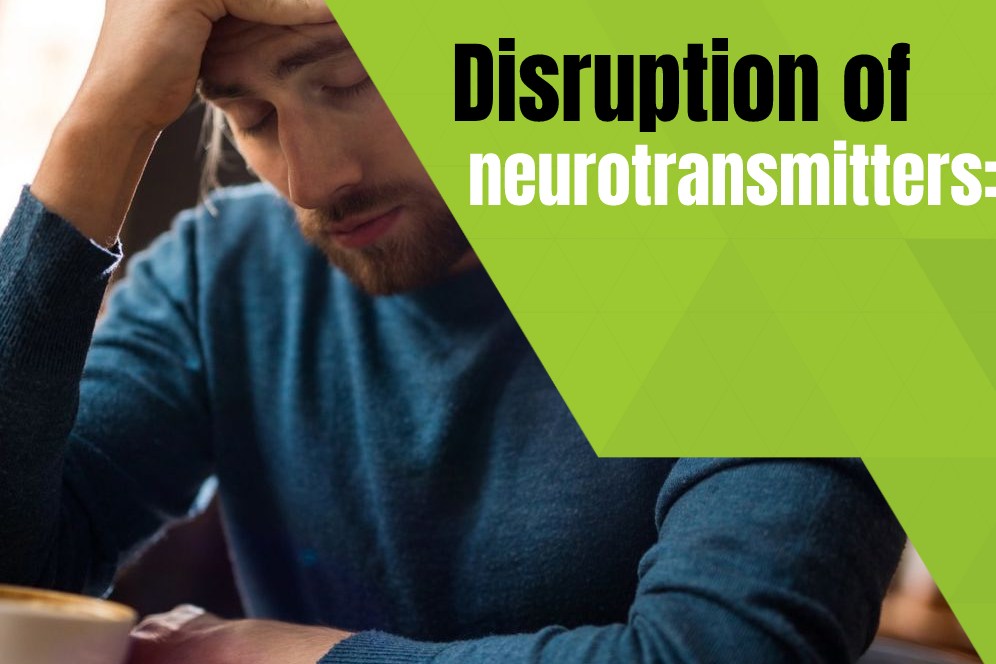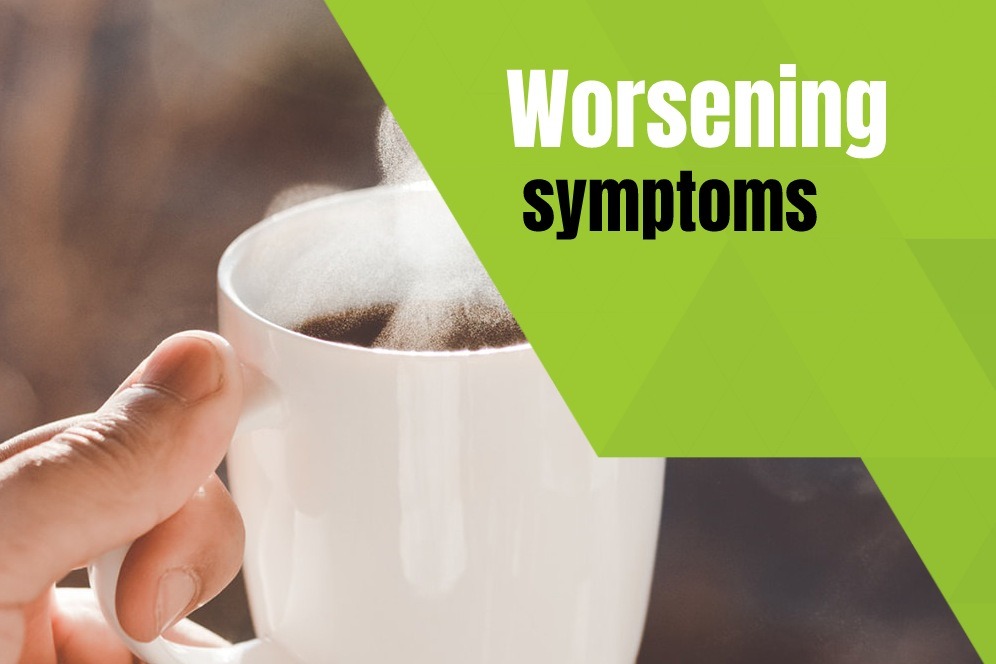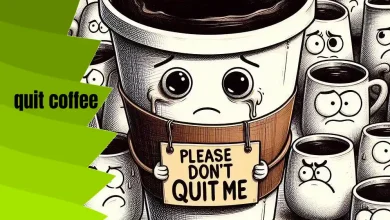How Caffeine Consumption Can Influence Depression
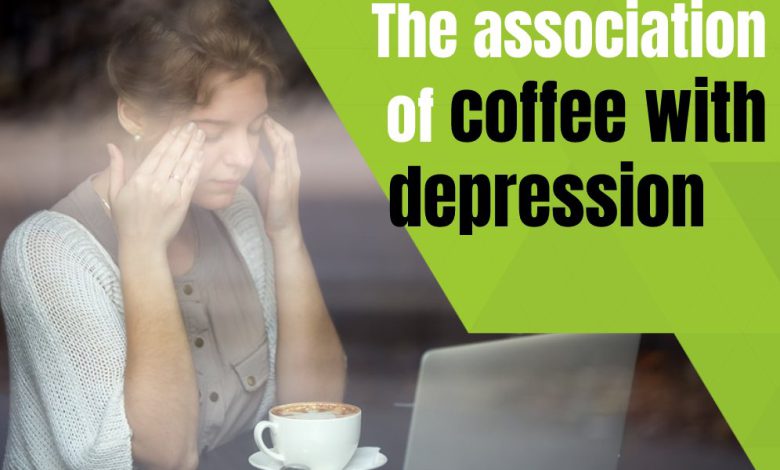
You may have heard the phrase “caffeine” thrown around lately; it is a stimulant found in foods and beverages.
Caffeine is a stimulant that can be present in drinks such as coffee and other caffeinated beverages.
A cup of coffee throughout the day can provide us with the energy we need to break out of a bad mood and exhaustion, which is why millions of cups of coffee are drunk every day across the globe.
Caffeine has various effects on human bodies, many of which have already been described. One of these examples is depression in those who have experienced a traumatic event.
According to scientific evidence, people who consume coffee have been demonstrated to have fewer symptoms.
Because depression has a significant impact on people and communities, we chose to include it in this essay. We want to invite you to join us.
Contents
What Effects Does Coffee Have on a human’s Depressed Mood?
Modern human communities are affected by depression, which affects millions of individuals. The severity of the condition and the intensity of its signs vary from one individual to another.
If we want to learn more about this condition, we can look at some of the most prevalent symptoms of depression, which are as follows:
- Activities that were formerly delightful have sparked little interest.
- Concentration problems, as well as a lack of energy.
After some time had passed, researchers started to study if the stimulating characteristics of coffee might be used to alleviate the symptoms of depression.
It appears that coffee consumption might be beneficial for people suffering from depression. However, this does not necessarily imply that it should constitute a significant portion of your daily diet.
While drinking coffee has several health benefits, excessive amounts of coffee have negative consequences.
The article has provided an overview of what depression is and the implications that drinking coffee may have on it.
In the following section, we’ll go over the examples in further detail and tell you about the advantages and drawbacks of coffee when it comes to depression.
To continue to be with us to learn about Possible benefits and possible risks:
Existence Benefits
According to a scientific study on the link between caffeine and depression, it may be concluded that caffeine can lower the prevalence of depression and, in some situations, can even prevent suicide when consumed in sufficient quantities.
Compared to other drinks, such as tea, coffee has fewer protective properties than tea. Nonetheless, it is still relatively beneficial in lowering the risk of depression if the quantity of caffeine consumed is comparable.
According to the study’s findings, consuming one to four cups of coffee daily helps people pay less attention to potentially risky actions, such as suicide.
What is it about coffee that makes it more effective in lowering depression risk than tea?
It has been suggested that some components of coffee could be sufficient to thwart the detrimental effects of depression, according to research done in Japan in 2014.
In addition, coffee has chlorogenic acid, ferulic acid, and caffeic acid. When these acids are consumed, they can help lessen the inflammation of nerve cells that occurs in the brains of individuals who suffer from depression and alleviate the symptoms of depression, the majority of which are produced by inflammation.
On the other hand, Teas are no less effective than coffee in treating depression. The main drawback is that coffee contains more caffeine than tea, which has a variety of impacts on depression reduction.
There has been a great deal of study done on the impact of coffee on depression, as described in the preceding sections, and it has been shown that, when consumed at low to moderate levels, coffee can stimulate your brain in the following ways:
- Have a better sense after awakening.
- Vigilance has been raised.
- more positive emotions, and a better sense of well-being
- more physical exertion
- Improvements in psychomotor performance have been seen recently.
Existence risks
In the section above on the advantages of caffeine in depression treatment, you learned that caffeine might have sound effects on depression, reducing its symptoms and side effects and duration.
Not all academics and studies, on the other hand, believe that caffeine has a beneficial impact on persons who suffer from depression.
Follow us as we discuss the harmful effects of coffee on depression:
Disruption of neurotransmitters:
According to comprehensive research done in 2019, one of the dangers of drinking coffee might interfere with various essential neurotransmitters, including dopamine and gamma-aminobutyric acid (GABA).
According to the findings of this research, dopamine deficit or dysfunction may lower motivation and appetite for stimulants in persons suffering from depression.
Increased irritability, restlessness, anxiety, and self-criticism are all symptoms of GABA deficiency.
Excessive coffee drinking, as well as excessive caffeine consumption, might have the following negative consequences:
- Anxiety
- Headache
- Hypertension
- heartbeat
- nausea
- Restlessness
It is also possible that caffeine may produce irritability, tremors, anxiousness, and sleeplessness. All of these symptoms can harm one’s mood.
These signs and symptoms are comparable to those associated with the body’s “fight or flight” response. A typical reaction to high levels of adrenaline or potentially dangerous events is the body’s way of dealing with them. Stimulants can have the effect of stimulating this response.
When a person consumes excessive quantities of caffeine regularly, they may experience increased anxiety levels.
Worsening symptoms:
According to research, increasing coffee intake is linked to higher depression.
Following the same research, caffeine use may exacerbate depression in those who already suffer from mood problems.
This research revealed a propensity for anxiety to grow, particularly in persons suffering from postpartum depression or susceptible to panic attacks.
Withdrawal:
Caffeine is a stimulant, which means it makes you feel more awake. To compensate for this, if individuals do not have access to it, they may suffer from withdrawal symptoms.
When you stop drinking caffeine, you may experience symptoms similar to sadness and anxiety.
Caffeine has a short-term effect on the nervous system’s ability to function. Consequently, those suffering from depression may experience a steep decline in their mood once the stimulation effects have worn off.
Caffeine should only be used in moderation by those suffering from depression.
How does caffeine affect depression?
Caffeine is a well-known substance found in coffee, tea, energy drinks, and some other products. This substance is commonly consumed to enhance concentration and energy. Upon entering the body, caffeine quickly reaches the brain and undergoes various chemical reactions there. These reactions can lead to an increase in the levels of various hormones that can have a positive effect on mood and depression.
Increase in Positive Hormones
One of the significant effects of caffeine is the increase in the levels of positive hormones such as serotonin and dopamine. These hormones are known as sources of happiness and satisfaction. Therefore, moderate consumption of caffeine can potentially improve mood and reduce the likelihood of depression.
Reduced Risk of Depression
Research indicates that moderate caffeine consumption can reduce the risk of developing depression. Considering the positive impact of hormones associated with happiness, caffeine might act as a preventive tool against depression.
Moderate Caffeine Consumption and Depression
While reasonable caffeine consumption can have positive effects on mood, excessive consumption can also lead to negative mood states. Consuming too much caffeine may result in anxiety, insomnia, and even depression.
Side Effects of Excessive Caffeine Consumption
Excessive caffeine consumption can lead to side effects such as seizures, palpitations, anxiety, and irritability. Therefore, it is recommended to consume caffeine in moderation and follow health guidelines.
Can Excessive Caffeine Lead to Depression?
Yes, excessive caffeine consumption can contribute to a depressed state. Research has shown that consuming more caffeine than necessary can cause anxiety, insomnia, and depression. Individuals who consume high amounts of caffeine daily might be at risk of experiencing depression. It’s better to keep caffeine consumption at a reasonable level and adhere to health recommendations to prevent the likelihood of depression.
Does Caffeine Lead to a Decrease in Serotonin?
Yes, excessive caffeine consumption can potentially lead to a decrease in serotonin levels. Serotonin is a happiness hormone that plays a crucial role in regulating our mood. Studies have indicated that consuming too much caffeine can disrupt the production and secretion of serotonin, which in turn might increase the risk of depression and anxiety. Therefore, it’s important to maintain moderate caffeine consumption and avoid excessive usage as much as possible
In brief,
If you are one of those persons who consume coffee regularly, try to save your coffee consumption for times when you are experiencing depressive symptoms.
Caffeine should be avoided close to bedtime to have a decent night because individuals experience depression symptoms when they do not get enough sleep regularly.
One of the factors that may assist coffee in reducing depression symptoms is the absence of sugar in the cup of coffee.
Persons who drink coffee without adding sugar are less likely to be sad than those who do not consume coffee with sugar.
Finally, keep in mind that if you are suffering from depression or just feeling symptoms, you should consult your doctor before integrating coffee into your program.
The most effective course of action is to consult with a doctor about your depression and discuss various therapy options with him.
